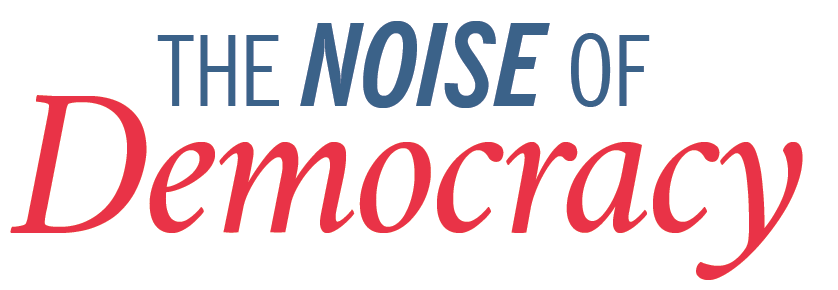Spring 2016: President’s Letter
The Bipartisan Policy Center believes the most effective public policy is forged through conflict and strengthened by diversity. In the midst of the 2016 election contest, some may find the idea of constructive partisanship bewildering or even contradictory. Fed up with the posturing and bickering, it’s easier to imagine a binary world in which “partisanship” equals dysfunction and “non-partisanship” connotes collaboration. While “apolitical” leadership and “consensus” governance may thrive in countries that lack individual freedom, these gentle myths have no place in a diverse nation with a thriving democracy. BPC’s approach to policy development reflects the rough-and-tumble aspirations of the Constitution—different people with distinct values and varied interests struggling to develop tolerable agreements. Most people are initially drawn to bipartisan collaboration as an opportunity to broaden support for their original positions. In a closely divided nation, there are no easy agreements. As a result, BPC’s most influential work is defined by a mutuality of discomfort among all participants.
BPC’s comfort with discomfort is serving us well this election year. Despite the slogans, distractions, posturing and fuzzy math, the election contest is providing significant insight to calibrate and guide the development of our 2017 policy agenda.
BPC’s Immigration Policy Project is identifying ways to better measure progress in border security and studying the significant economic impacts of immigration. We are also bringing together leaders from our immigration and national security teams to explore the security and civic concerns that have arise since the Paris and San Bernardino attacks.
Populist anger, mistrust of Wall Street, and concern over job creation are playing a central role in the primary contests. BPC’s work on how to implement necessary financial controls without unduly restricting loans to small businesses will be an important focus as the next president and Congress look to spur growth and innovation. We also see promise for significant job creation in a CEO-led project to increase the flow of private investment in infrastructure projects.
While repealing the Affordable Care Act remains a policy priority for Republicans on the stump, the furious intensity of this debate has crested. BPC’s work with Tom Daschle and Newt Gingrich to chart a bipartisan path to amend the Affordable Care Act offers a new center of gravity for the health care insurance debate.
Economic insecurity, particularly for those entering and leaving the workforce, figures prominently in the current national psyche. Ongoing BPC efforts to address the costs of higher education, improve workforce training, strengthen Social Security, encourage personal savings, and enhance options for long-term care all provide a foundation for a productive 2017 policy agenda.
The election debate is also revealing areas where new policy constructs are needed to enable productive debate. On energy and climate change, BPC is working to build a coalition of interests that embraces the great benefits of domestic energy production and supports robust efforts to accelerate the transition toward a low carbon economy. In the aftermath of the Iran deal, BPC is identifying bipartisan strategies that build upon the strengths, confront the shortcomings, and grapple with the broader ramifications of this major shift in U.S. policy.
2016 will be dominated by a cacophony of exaggerated differences, irresponsible promises, sound bites, and spectacle. As bad as it gets, we must remember that the noise of democracy is far better than the silence and violence that accompany far too many political transitions across the globe. BPC’s goal amid the clamor is to accurately define problems, create balanced factual assessments and develop creative solutions that appeal across traditional political divides. In election years, BPC projects, forums and meetings offer an alternative universe where the noisemakers can set down their megaphones and engage in substantive and productive conversations. With continued success, these efforts will accelerate the transition from campaigning to deliberating—which is the key to governing in a polarized nation.
Jason Grumet
BPC President




